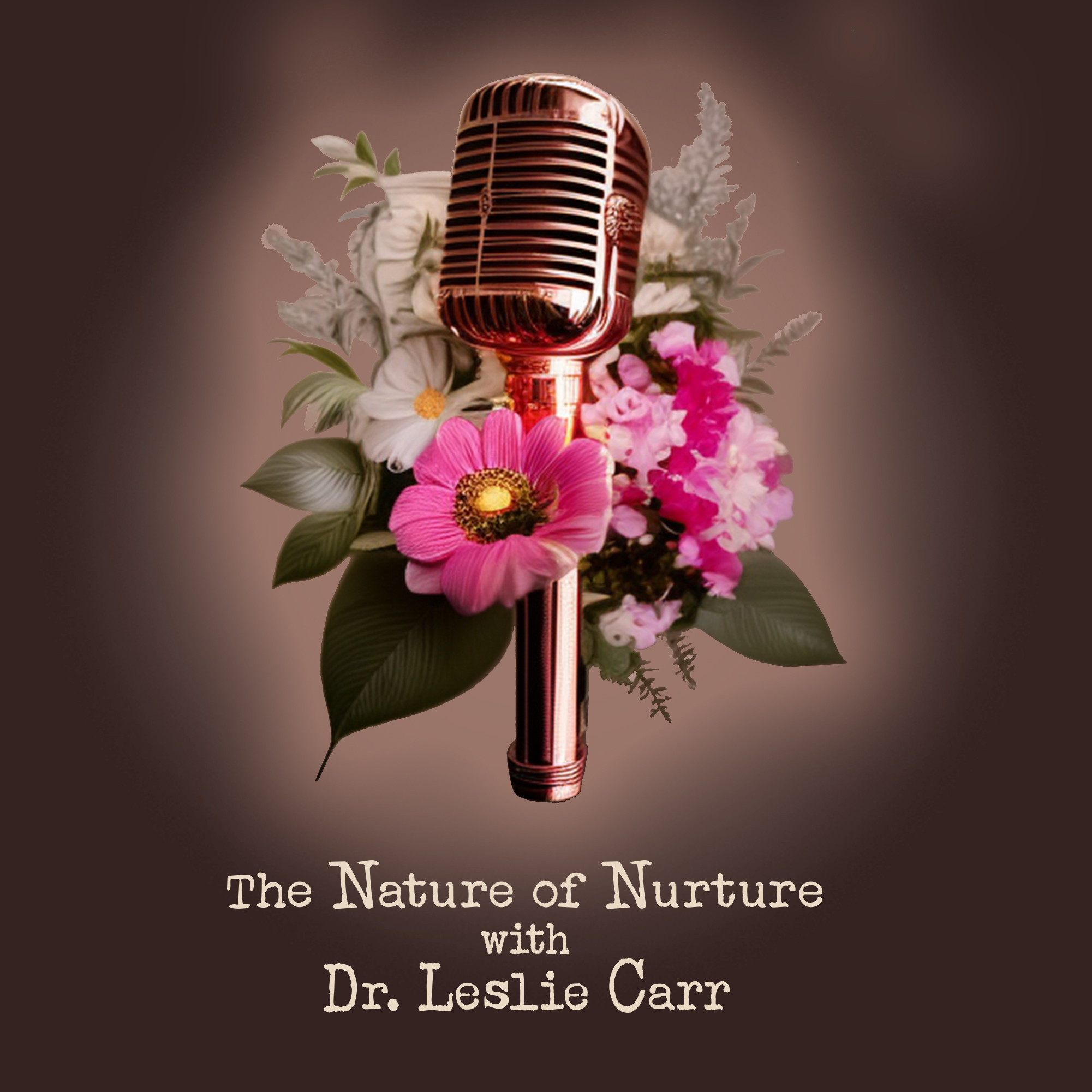What I’m writing about today is controversial, I know. Some people won’t want to hear it, but I can’t stay silent on this issue any longer. I’m here today to talk about the dark side of manifesting.
If you read my most recent article on this site, you know that I’m a believer in the notion that our thoughts create our reality. I am utterly convinced that we can create the life of our dreams if we believe first that it’s possible. I hold no contention there, but I get concerned sometimes – when we talk about things like manifesting or the tools of positive psychology – that people can get confused or take things too far. I worry for the people who beat themselves up for not feeling positive all the time.
What I’m primarily talking about here is the distinction between believing that the future you desire is possible, versus telling yourself that reality as it currently stands is different than what it truly is. What I’m talking about is the notion that if you feel depressed, and you say out loud that you’re depressed, that it’s an “affirmation” and that you’re “manifesting more depression.”
I’m going to cut it straight here: That kind of messaging is dangerous.
For those of you who you have been on the path of personal growth for a while, you may have perceived a tension between the type of thinking that I just described above, and a Buddhist or a mindfulness-based approach that is more oriented towards present moment awareness and an acknowledgment of what is. Perhaps you’ve you even wondered how to reconcile these two contradictory teachings, and the answer is in the balance. It’s one thing to acknowledge our current circumstances for what they really are and to believe that we can change them, and it’s entirely another to tell ourselves that our present-day reality is different than what it really is. The first is defined by practical optimism, the latter by an espousal of delusion.
More than once I’ve had people describe to me very difficult circumstances that they’ve gone through, and the sadness or anger that they’ve felt has only been compounded by the belief that it’s their fault that they have those feelings – that they’re weak or a failure for experiencing the logical products of trauma or heart break. To be frank, the worst kind of baggage that we can give ourselves is the added layer of bullshit that comes with the thought, “I know I should stay positive, but…”
Because here’s the catch: Feelings, when they’re denied, have an uncanny way of coming out the back door. When we feel hurt, or angry, and refuse to acknowledge it because we should “always be positive,” we’re just stuffing our feelings, and that only gives them power. Hell hath no fury like a feeling denied.
But change can be made, and peace can be achieved, the moment we lay that burden down by acknowledging the heaviness that we carry, by letting go of the belief that we’re somehow deficient for experiencing the full range of human emotion.
Telling ourselves that we feel something other than what we truly feel is never a good idea, because it’s a denial of reality. Furthermore, we can’t fix a problem that we don’t even acknowledge exists. If we can sit with our truth, however, and acknowledge our life for what it is, then we can use our emotions as information. It is then that we possess the power to be fully authentic human beings, and to create what it is that we really want with our lives.
From that place, just imagine the power of what you could manifest.


















